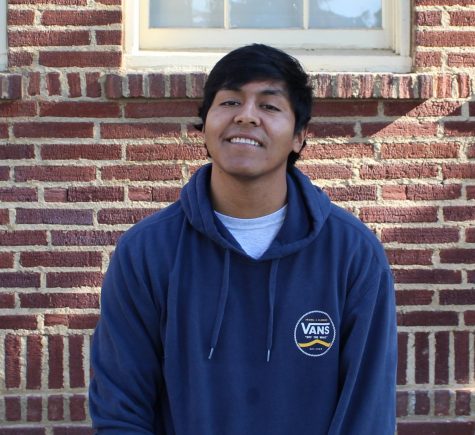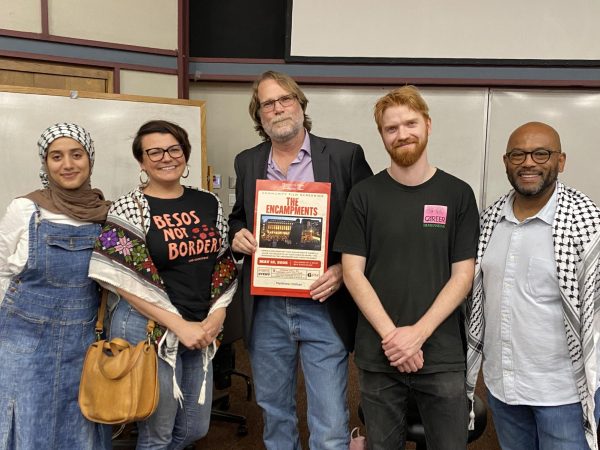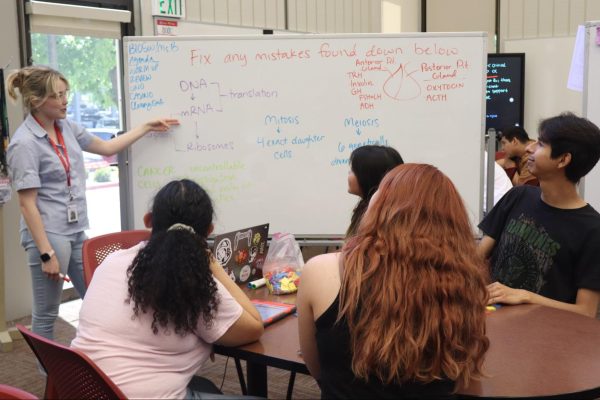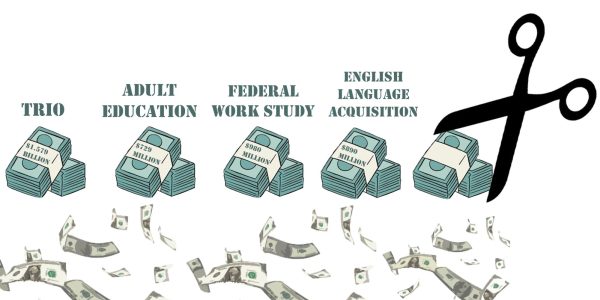The Legacy of Norman Mineta: A True Testament of American History
Fresno City College held a screening of “An American Story: Norman Mineta and His Legacy” on the week of “Day of Remembrance” on Feb.18 in the Old Administration Building Auditorium.
Norman Mineta himself was scheduled to make an appearance, but was unable to travel to Fresno for health-related reasons.
Dianne Fukami, director of the hour-long documentary, gave some insight into the film, explaining that it has been in production for over seven years and should be ready for its final unveiling on April 1st of this year. “It’s not just a Japanese American story, it’s an American story” Fukami said.
FCC President Carole Goldsmith also gave an opening speech in which she elaborated on Fukami’s points, stating “If you don’t remember the past, you may be destined to relive it.”
The documentary played like a chapter book for the life of Norman Mineta. The beginning of the film was marked by a voiceover of photos that featured Mineta in his infancy, establishing that he was the child of Japanese immigrants who wanted their son to live the “American dream”. They made learning English, attending school, and socializing with other Americans a top priority for Mineta.
The film eventually segwayed into a brief history recap of the first major interaction that unfolded between the United States and Japan during WWII: the Japanese air-raid on Pearl Harbor, Oahu, Hawaii. Mineta was only 10 years old when President Franklin D. Roosevelt issued the executive order that sentenced around 110,000 Americans of Japanese descent to internment camps on Feb. 19, 1942.
In the film, Mineta recounted his experience in the camps. He claimed they attempted to maintain normalcy by continuing schooling and socializing with their neighbors. He said the experience made him want to be “more American” so that this sort of ordeal never occurs again.
After the interned Americans were rightfully free to return to their normal lives in March 1946, Mineta returned to school where he developed an interest in politics. Although it was unheard of for a person of Mineta’s descent and social status to be active in the political arena, he was popular in his high school, and even became student body president before he graduated in 1949.
Bigger political shifts in his life occured when he was elected Mayor of San Jose in 1971. He was the first Asian-American to hold such a status in a major American city. He was also the first Asian-American to become a congress member, a position he held until his resignation in 1995.
Laura Tsutsui from Valley Public Radio moderated a Fireside Chat after the screening where she spoke with Fukami, film producer Debra Nakatomi, and Dr. Mitchell Maki, CEO of “Go For Broke National Education Center” and friend of Mineta. They shared their thoughts on the film as well as anecdotes about Norman Mineta.
“Norm is my hero. When I think of what we needed in America and what we needed in our community, I think of Norm.” stated Maki.
Fukami paraphrased Mineta, advising “Take a moment to be with someone of a different mindset than yourself. Challenge your point of views… get out of your comfort zone.”
Nakatomi shared some inspiration “use your vote to do something that matters.” that stemmed from her experiences with Mineta.
Geno Nakai, an attendee of the film screening believes “It is very important for people to know this history… people in other countries need to know the history of Norman Mineta.”
When asked about the film, Goldsmith expressed that the film was “a true testament of American history” and that “people need to get involved and and never give up on trying to make this place a better place to live.”

Born in Tepic, Nayarit, Mexico and immigrating to the United States at just nine-months-old, 22-year-old Luis Barreto is now attending Fresno City College...





